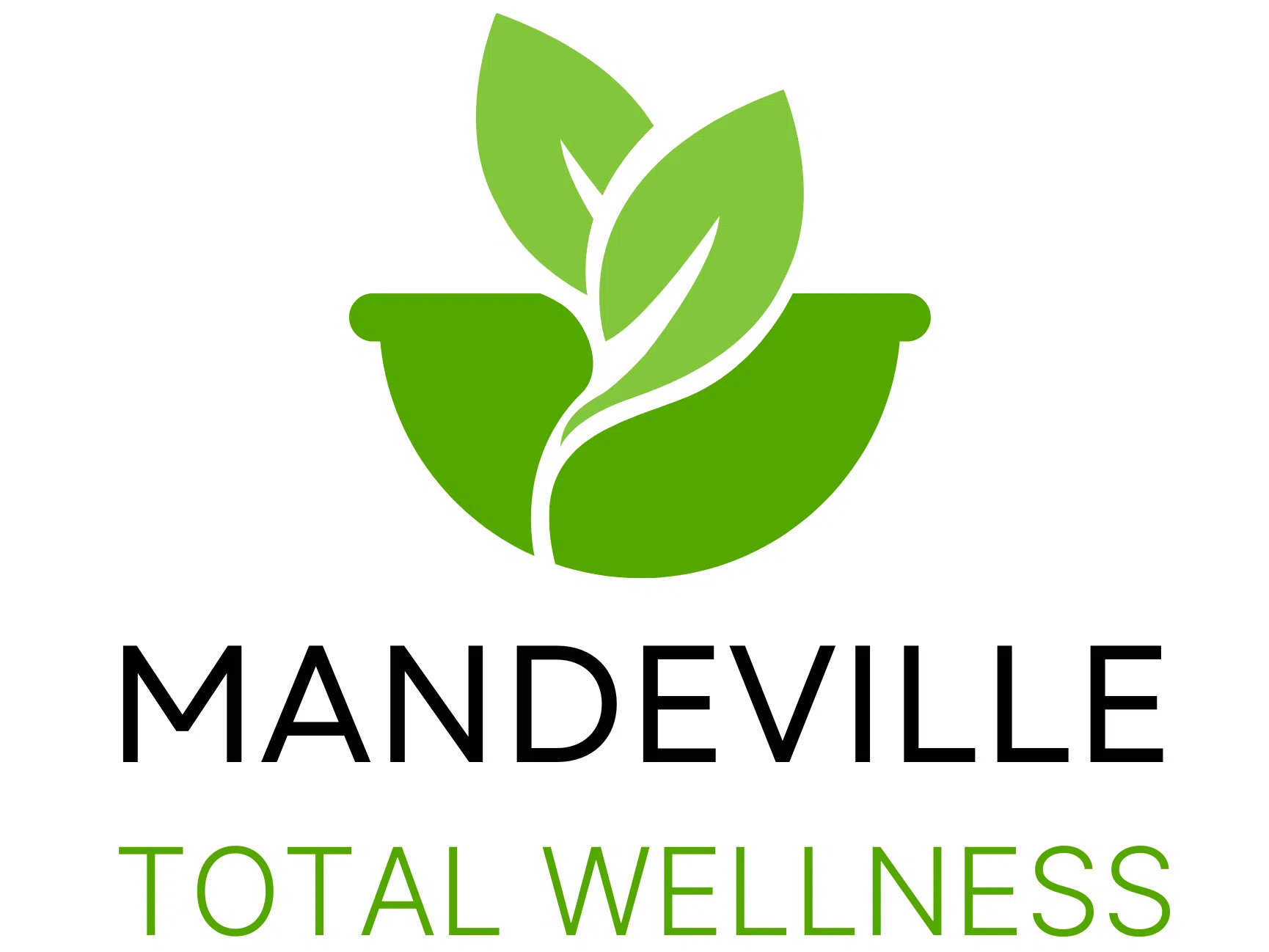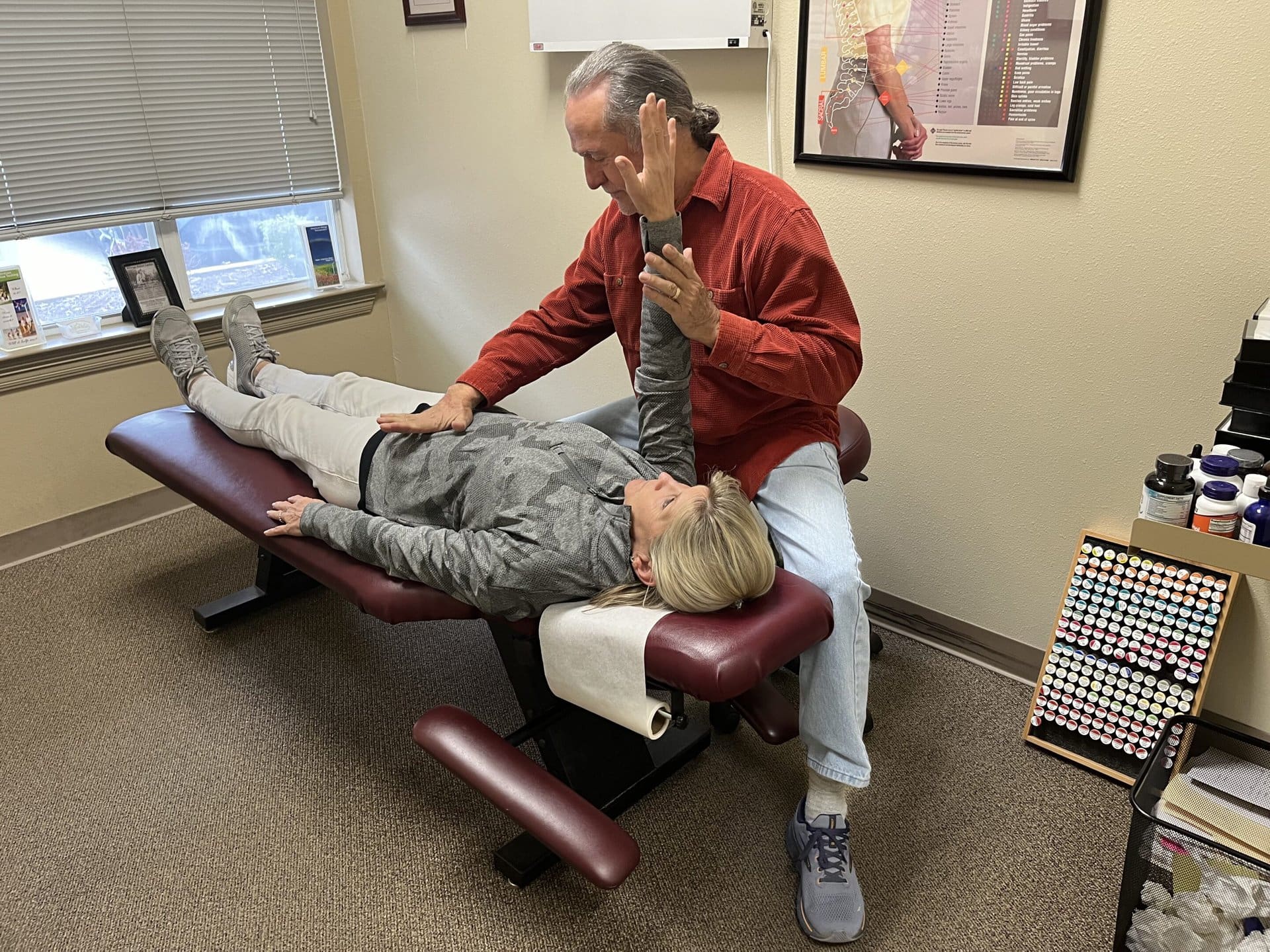When exploring the landscape of nutritional assessments, Nutritional Response Testing stands out as a distinct and dynamic approach; it contrasts markedly with other traditional methods. This article delves into how Nutritional Response Testing compares with other assessments, analyzing the benefits and limitations of each. The goal is to provide you with a clear understanding of when and why Nutritional Response Testing might be the right choice for your health needs.
Understanding Nutritional Response Testing
Nutritional Response Testing is a non-invasive system of analyzing the body to determine the underlying causes of ill or non-optimal health. This method employs muscle testing to measure feedback from the body’s nervous system to pinpoint specific imbalances and how they relate to possible health issues. Here’s what sets it apart:
- Personalized insights: Tailored specifically to each individual’s body response.
- Immediate results: Feedback is almost instantaneous, unlike some traditional tests that require lab processing.
- Holistic approach: Considers physiological and environmental factors together.
Blood Test Based Nutritional Assessment
Traditional blood tests, often considered the gold standard for assessing nutritional statuses, like vitamin and mineral levels, provide essential data but may not capture the body’s dynamic responses to nutritional inputs. While Nutritional Response Testing does not replace blood tests, it supplements them by offering insights into how the body reacts to various substances. Experience in the field has shown:
- Broad data spectrum: Blood tests measure a wide range of markers.
- Quantifiable results: Easily track changes over time with precise metrics.
- Widely accepted: Most medical professionals rely heavily on these tests.

Hair Analysis in Nutrition
Another method, hair analysis, evaluates the content of minerals and metals in hair samples. While useful for detecting long-term exposure to toxins or deficiencies, it cannot assess how the body currently interacts with nutrients or its immediate needs, which is where Nutritional Response Testing shines.
- Long-term data: Provides historical nutritional data up to 90 days.
- Non-invasive: Simple, painless collection of samples.
- Toxin exposure: Excellent for detecting chronic exposure to toxins.
Genetic Testing for Nutritional Needs
Genetic testing has become a popular tool for identifying individual predispositions to nutrient deficiencies or diet-related health conditions. Unlike Nutritional Response Testing, which assesses current body responses, genetic testing offers a predictive glimpse at potential future issues based on one’s DNA.
- Predictive capabilities: Helps forecast potential health issues.
- Personalized diet plans: Can guide dietary choices based on genetic markers.
- Expensive: Often costlier than other nutritional tests.
Nutritional Response Testing Versus Food Diary Analysis
Food diaries are a commonly used tool for identifying patterns in eating behavior and potential reactions to certain foods. However, they rely heavily on self-reporting and can be subjective. Nutritional Response Testing, by contrast, provides objective, biofeedback-based insights into how foods affect the body.
- Objective data: Reduces bias found in self-reported data.
- Immediate feedback: Identifies reactions to foods in real time.
- Behavioral insights: Can help link symptoms to dietary habits directly.
Electrodermal Screening for Nutritional Evaluation
Electrodermal screening tests the skin’s electrical resistance to detect imbalances in the body. While it shares some similarities with Nutritional Response Testing by being non-invasive, its focus is more on energy pathways than direct nutritional analysis.
- Energy assessment: Focuses on meridians and energy flow.
- Quick screening: Fast and covers a wide area of bodily functions.
- Less specificity: Does not provide as detailed nutritional data as Nutritional Response Testing.
Benefits of Nutritional Response Testing Over Others
Nutritional Response Testing offers several unique advantages over traditional assessments:
- Customized treatment plans: Based on individual test results, creating highly tailored interventions.
- Comprehensive analysis: Considers chemical, metal toxicity, food allergies, and more.
- Supports chronic conditions: Particularly effective in dealing with chronic ailments where other tests show limitations.

Limitations of Nutritional Response Testing
Despite its advantages, Nutritional Response Testing has limitations, which include:
- Practitioner variability: The accuracy largely depends on the practitioner’s skill.
- Less recognized: Not as widely accepted in conventional medical practices.
- Supplemental nature: Often needs to be used in conjunction with other tests for complete analysis.
Key Takeaways from Nutritional Response Testing Comparison
This discussion highlights that while Nutritional Response Testing provides unique and valuable insights, it is most effective when used alongside other nutritional assessments. It offers a personalized, immediate, and holistic view of one’s nutritional health, which other methods may overlook.
Frequently Asked Questions
- What makes Nutritional Response Testing different from a blood test?
- Nutritional Response Testing offers immediate, personalized feedback based on how the body reacts to various substances, unlike blood tests that measure static levels of nutrients and markers.
- Can Nutritional Response Testing detect allergies?
- Yes, it can help identify allergic reactions by observing the body’s responses to introduced substances.
- Is Nutritional Response Testing covered by insurance?
- Coverage varies by insurance provider and plan, so it’s best to consult your insurance for specifics.
- How often should one undergo Nutritional Response Testing?
- Frequency can vary based on individual health needs and goals; consult with a practitioner for a tailored schedule.
- What should I look for in a Nutritional Response Testing practitioner?
- Look for certified practitioners with extensive experience and positive client testimonials to ensure the best results.
This article equips you with the knowledge to make informed decisions about integrating Nutritional Response Testing into your health regime, whether independently or in conjunction with other methods.
Mandeville Total Wellness specializes in Nutrition Response Testing, Chiropractic Care and other wellness treatments, dedicated to fostering your body’s natural healing abilities. Our team combines years of expertise in nutrition and chiropractic wellness with a passion for holistic health, offering personalized care tailored to each individual’s needs. Grounded in the belief that true wellness comes from harmony within the body’s systems, we are at the forefront of a health revolution, guiding you towards optimal health. Discover a vibrant, healthier you with Mandeville Total Wellness, your partners in holistic healing.












